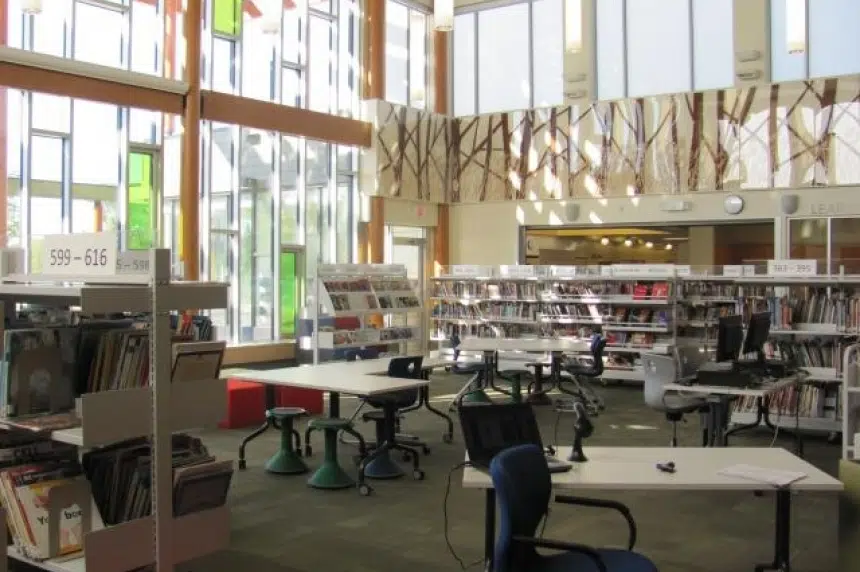Regina Public Schools (RPS) have gained almost an entire school’s worth of students this year, but funding from the province is still based on enrolment numbers from last year.
The addition of 660 students, including 178 Syrian refugees in the last few months, is creating a funding crunch for the school division. Mike Walter is the deputy director of school services for the division. He said it is becoming a bigger challenge to meet the needs of all those new students.
“We’re not getting more money so we have to find ways to reallocate resources,” he said. “So that means shifting of staffing allocations from one school to another where the need is greatest.”
He said the school division is doing the best it can to cover the big picture to meet all students’ needs.
“In terms of cost, if you were to say add about 200 students, that would be about 13 to 14 teachers it would require,” Walter explained. “It would require additional educational assistants. So you’re looking at well over $1 million to support those students.”
The provincial government adjusted the funding model for schools starting in 2015. Instead of topping up the funding based on enrolment numbers from the end of September, school divisions now get funding based on the number of students they had the previous year.
Walter explained that the lack of new funding is putting particular stress on the English as an Additional Language program.
“It is putting pressure on our EAL teachers to do more with the same number of teachers,” he said. “So you add (about) 175 Syrian refugees – who by and large, speak very little English – so of course you have to reallocate and try to get some support for those children, while trying to maintain some level of support for other EAL learners, so it does really add a burden to our staff for sure.”
The Regina Public School Teachers Association has also raised this issue saying that EAL teachers are being pulled away from other EAL students to help those with greater language needs.
While the federal government may provide funding to help Syrian refugees settle into their new lives in other ways, education funding falls entirely under provincial jurisdiction.
Walter admits that it is also a challenge because the Saskatchewan government can’t step up and offer more funding to schools during a provincial election. The election also means that school divisions will have to wait longer for a provincial budget to plan for next year.











